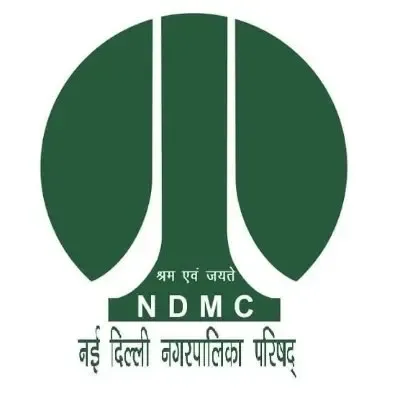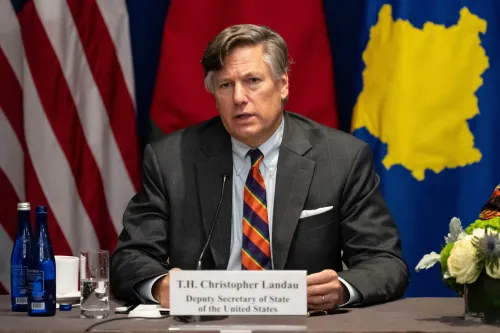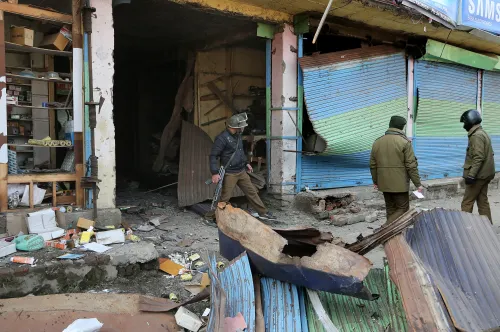How Did NDMC and Palwal Civic Body Collaborate for Urban Reform?

Synopsis
Key Takeaways
- Collaborative urban governance through MoU.
- Structured 100-day mentorship program initiated.
- Focus on sanitation infrastructure and citizen engagement.
- NDMC's role as a Mentor City highlighted.
- Palwal identified for priority support in urban reform.
New Delhi, Sep 28 (NationPress) The New Delhi Municipal Council (NDMC) and the Municipal Council Palwal have officially established a strategic alliance aimed at fostering knowledge-sharing, transferring innovative practices, and promoting empathy-led governance.
This Memorandum of Understanding (MoU) signifies the initiation of a structured 100-day mentorship program, a key component of the Swachh Bharat Mission-Urban 2.0, with the NDMC set to assist the Palwal civic body in enhancing urban governance.
The collaboration between NDMC and Palwal is anticipated to serve as a benchmark for peer-driven urban reform, illustrating how leading cities can uplift aspirational ones through a systematic approach, as noted by an official.
This partnership was formalized under the Ministry of Housing and Urban Affairs’ (MoHUA) Swachh Shehar Jodi (SSJ) initiative, with the signing of the MoU taking place at the NDMC Headquarters, Palika Kendra.
The MoU was signed in the esteemed presence of Sarita Tomar, NDMC Member, and Tariq Thomas, Secretary, NDMC.
From the Municipal Council Palwal side, Dr. Yash Pal, Chairman, and Sanjay Kumar, Executive Officer, were in attendance.
NDMC is expected to guide Palwal City on its journey from Open Defecation Free (ODF) to ODF++ and beyond. Recognized for its outstanding performance in national sanitation rankings, NDMC has been designated as a Mentor City. It is a Super Swachh League City under Swachh Survekshan 2024–25, a 5-Star Garbage Free City certified by MoHUA, and a Water Plus City focusing on sustainable urban wastewater reuse.
Palwal City, ranked 427 nationally in Swachh Survekshan 2024–25 and already certified as Open Defecation Free (ODF), has been identified for priority support. Both cities are categorized within the 50,000–3 lakh population range.
Following the SSJ guidelines, the partnership will unfold in three phases: first, a baseline assessment of sanitation infrastructure; second, service delivery; and third, citizen participation, culminating in a co-designed 100-Day Action Plan with measurable targets. Implementation will include monthly joint monitoring and peer learning visits.
Critical areas of focus encompass source garbage segregation, doorstep collection, mechanized transportation and processing of municipal solid waste, toilet infrastructure maintenance, used-water management, community participation initiatives, digital grievance redressal systems, and the safety and recognition of sanitation workers.









